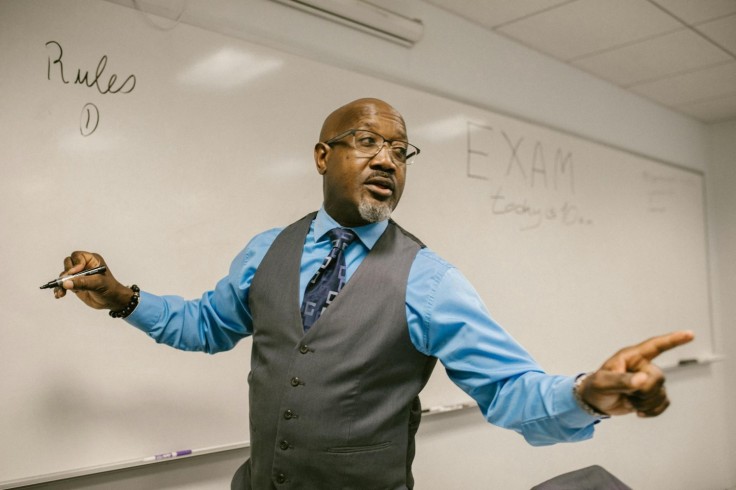Continued Minority Underrepresentation Among Black and Hispanic Faculty in Higher Education Exists, GAO Study Finds
ByA comprehensive study conducted by the Government Accountability Office (GAO) under the auspices of Congressman Bobby Scott has uncovered troubling trends regarding the representation of Black and Hispanic faculty members in higher education institutions.
Despite marginal improvements over the past two decades, Black and Hispanic individuals continue to be significantly underrepresented among college faculty, highlighting persistent challenges in achieving diversity and equity within academia.

Disparity in Representation
The study, which analyzed data from 2003 to 2021, revealed that while there have been slight increases in the proportions of Black and Hispanic faculty members, they still lag behind their representation in the broader workforce, particularly among individuals with advanced degrees and professionals. Furthermore, a glaring disparity between the racial and ethnic composition of faculty and that of the student body was identified, indicating systemic issues within higher education institutions.
Barriers to Addressing Discrimination Complaints
One significant barrier identified in the study is the processing of employment discrimination complaints. Existing and potential faculty members can lodge complaints with either the Equal Employment Opportunity Commission (EEOC) or the Department of Education. However, the study uncovered persistent delays in referring complaints from the Department of Education to the EEOC, prolonging the resolution process and perpetuating instances of discrimination and inequity within academia.
During the fiscal year 2022, the Department of Education handled and referred 99 employment discrimination complaints at colleges, exceeding the 30-day referral period with an average time of 71 days. Such delays undermine the effectiveness of the complaint resolution process and contribute to the perpetuation of discriminatory practices.
Enhancing Accountability and Inclusion
In response to these findings, the GAO has issued recommendations to enhance accountability and efficiency in processing discrimination complaints. Congressman Bobby Scott has urged the Department of Education and the EEOC to promptly address the systemic disparities and processing delays identified in the study. Additionally, historically Black colleges and universities (HBCUs) and other minority-serving institutions have successfully nurtured and advanced academic members of color into tenure-track positions, offering greater security and stability in employment.
The study underscores the importance of enhancing mentorship, conducting retention studies, and providing leadership opportunities as practical strategies to strengthen the retention of minority faculty members. Creating a positive campus environment prioritizes diversity, equity, and inclusion is crucial in attracting and retaining faculty members of color.
Towards Equitable Educational Environments
As the study emphasizes, achieving greater diversity and inclusion in higher education requires concerted efforts from federal agencies, educational institutions, and policymakers. A timely and thorough investigation of discrimination complaints and proactive measures to address systemic barriers are essential in creating equitable educational environments where all faculty members can thrive.
Our nation's colleges and universities must serve as bastions of diversity and inclusion, reflecting the rich tapestry of our society. Addressing the underrepresentation of minority faculty members is not only a matter of equity but also a fundamental step toward realizing the full potential of our educational institutions.
© 2025 University Herald, All rights reserved. Do not reproduce without permission.








